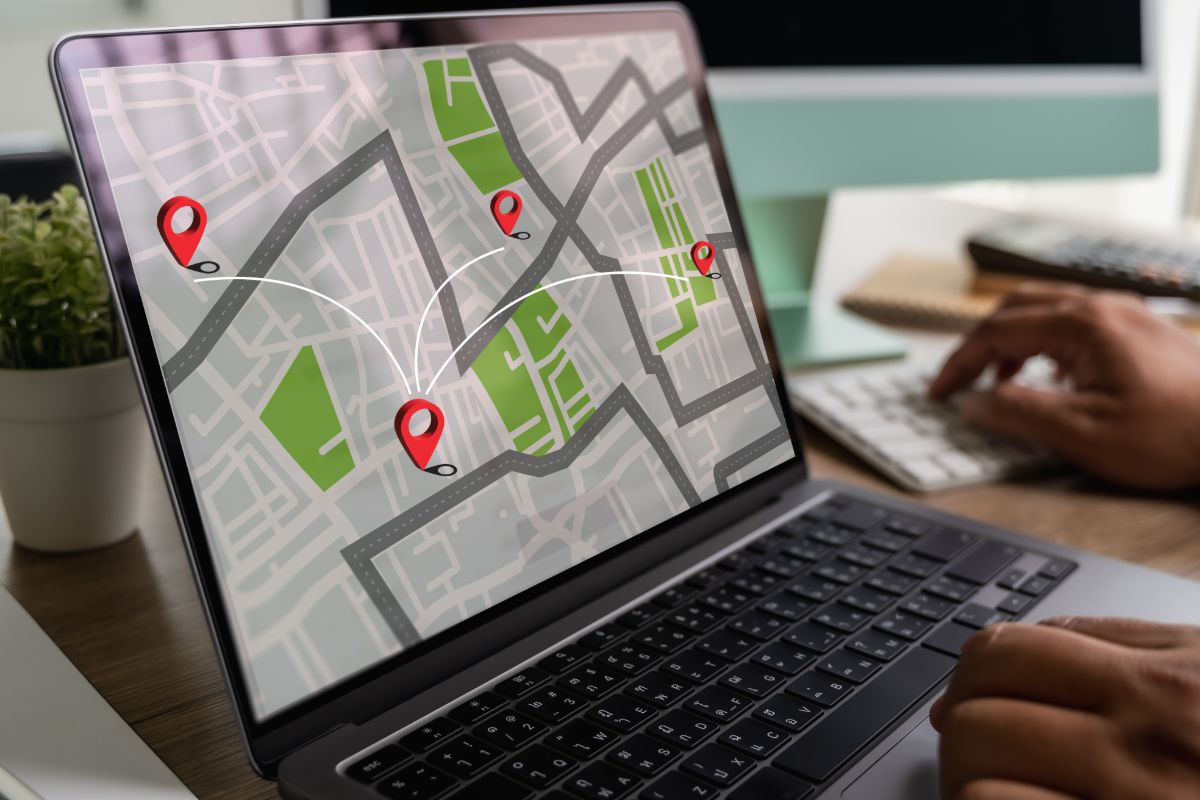What are the signs that your business is outgrowing its accounting software?
- Limited reporting capabilities
- Data entry errors and inefficiencies
- Inability to handle multiple users or locations
- Compliance and taxation issues
- Lack of integration with other business tools
- Slow performance and downtime
Overview
- Recognizing signs like limited reporting, data entry errors, and inability to handle multiple users indicates when a business’s accounting software is no longer adequate for its growth.
- Compliance issues, lack of integration with other tools, and slow performance further highlight the need for an upgrade to ensure efficient and accurate financial management.
- By addressing these signs early, businesses can transition to advanced solutions like SAP Business One, which support scalability and maintain smooth operations
As your business grows, so do your financial processes. What once worked for managing transactions and tracking expenses may no longer keep up with an increase in demand and complexity. Outdated or limited accounting software can slow down operations, create inefficiencies, and make financial reporting more challenging. If your system struggles to handle your expanding needs, it may be time for an upgrade.
To help you assess whether it’s the right moment to switch, here are the signs your business is outgrowing its accounting software, and to help you make the transition to a more advanced solution that improves efficiency, accuracy, and financial control.
Limited Reporting Capabilities
As your business grows, so does the complexity of your financial data. If your accounting software only offers basic reports, such as profit and loss statements or balance sheets, it becomes difficult to make informed, strategic decisions. The inability to generate customised or detailed reports signals that your accounting software is no longer meeting your needs.
Business owners often resort to exporting data into spreadsheets to create customised reports, which not only consumes time but also increases the risk of errors, leading to inaccurate financial insights.
If your software cannot offer real-time, accurate, and customisable reports, it’s time for an upgrade. An advanced accounting system will enable timely, data-driven decisions and effective planning for growth.
Data Entry Errors and Inefficiencies
With growth comes an increase in transaction volume. If your software continues to rely on manual data entry, errors become inevitable. These mistakes can significantly affect your financial reporting, signalling that your current system is no longer equipped to manage the growing demands of your business.
When your team spends more time correcting mistakes or manually inputting data, this signals a need for better automation. DynamIQ’s robust system reduces the need for manual data entry and increases accuracy, which is critical for maintaining smooth operations and achieving business growth.
Upgrading to an ERP solution that automates processes and minimises human error can help your business scale effectively.
Inability to Handle Multiple Users or Locations

As your business grows, more employees need access to financial data. If your accounting software cannot handle multiple users or locations, it can create bottlenecks, delaying reporting and decision-making. This indicates that your software is no longer able to support your expanding business needs.
Limited access often forces employees to resort to inefficient workarounds, like sharing login credentials or tracking data in spreadsheets, increasing the risk of errors. Additionally, if your software can’t consolidate data from different locations, it leads to incomplete or inaccurate financial statements.
Upgrading to an accounting system that supports multiple users and locations ensures smoother operations and better financial management as your business scales.
Compliance and Taxation Issues
Non-compliance with tax regulations can lead to significant financial penalties, which are particularly problematic if your business operates across multiple jurisdictions with varying compliance requirements. If your current software cannot handle these complexities, it’s time for an upgrade.
Businesses often rely on manual processes like spreadsheets to meet regulatory demands, which increases the risk of errors and consumes time that could be spent on more strategic activities. Making this one of the glaring signs that your business is outgrowing its accounting software, as it can no longer efficiently manage the complexities of compliance and taxation.
Larger businesses face more stringent reporting requirements, and without the right software, meeting these obligations becomes increasingly difficult. Inadequate software can also complicate audit preparation, increasing the risk of fines or scrutiny. A more advanced system offers better tracking and reporting capabilities, improving compliance and easing the audit process.
Lack of Integration with Other Business Tools
As your business grows, the need for seamless communication between systems becomes critical. If your accounting software cannot integrate with other essential business tools—such as CRM, inventory management, or e-commerce platforms—this creates silos of information that hinder efficiency.
For example, if sales data from your e-commerce platform must be manually entered into the accounting system, the risk of errors increases. This lack of integration can cause discrepancies between recorded sales and actual inventory, leading to stock outs or overstocking, which impacts customer satisfaction.
If your current accounting software isn’t integrating well with other business tools, SAP Business One could be the solution. This ERP system is designed to integrate seamlessly with various business operations, such as CRM, inventory management, and e-commerce platforms, ensuring a smooth flow of information across your organization.
As your business scales, these challenges become more pronounced. An integrated system like SAP B1 will streamline processes, eliminate manual data entry, and help you scale effectively.
Slow Performance and Downtime

As your business grows, your accounting software needs to handle an increasing volume of transactions. If the software isn’t designed to scale, it may slow down or crash, disrupting workflow and delaying crucial financial processes.
If your software struggles with the increased load, you may experience delayed reports, slow data entry, and inefficiencies. Frequent downtime can also create bottlenecks in invoicing, payroll, and financial reporting, leading to lost productivity and potential penalties for late payments.
If slow performance and downtime are affecting your business, consider upgrading to SAP Business One. Known for its scalability and robust performance, their accounting module can handle the growing volume of transactions while maintaining system stability and improving overall efficiency.
Key Takeaway
Recognising the signs that your business is outgrowing its accounting software makes it easier to decide when it’s time for an upgrade. Taking action early can help ensure your business runs smoothly and efficiently as it continues to grow.
Is your business showing signs of outgrowing its accounting software? As an SAP Gold Partner, DynamIQ can seamlessly transition you to SAP Business One, optimizing your financial operations. Contact us today to discover how we can streamline your business and support your growth.


